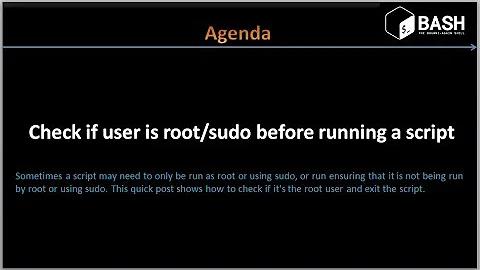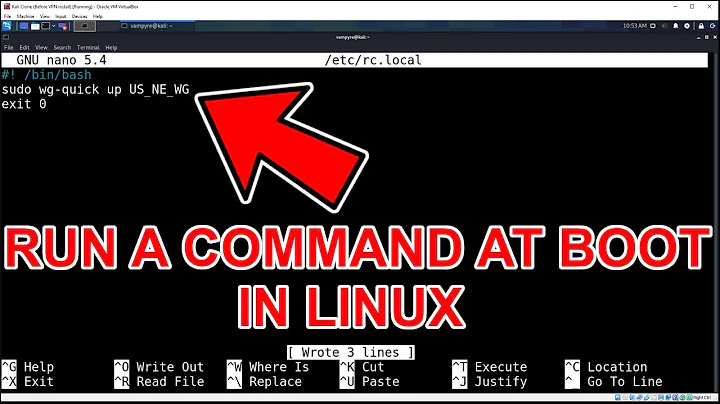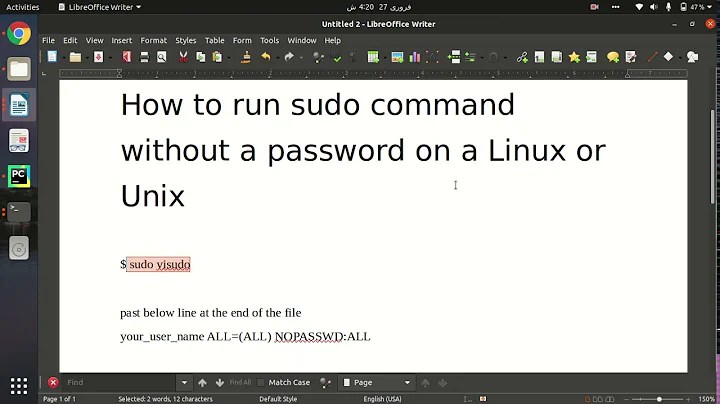Execute command with sudo and execute Bash script with sudo
This answer explains what user executes the command substitution $(whoami) shown in the question. In actuality, the construct echo $(whoami) would hopefully never be used since whoami on its own would be the correct way of outputting the username of the current user.
Calling echo on a command substitution is simply not needed, and may even under some circumstances modify the output of the command in the command substitution. Don't use echo $(...).
Running whoami would output the username of the unprivileged user in the question, and sudo whoami would output root.
For the shell to run the command
sudo echo $(whoami)
it must first figure out what arguments to call sudo with. echo is just a simple string, so the shell does nothing to it, but $(whoami) is a command substitution that needs to be expanded. It does this by executing whoami and replacing the command substitution with its output. It is then ready to call sudo.
This means that sudo will be executed with echo and the output of whoami (which was executed as your unprivileged user) as arguments.
If you want to run whoami inside the command substitution with sudo, you can put it in a script and run the script with sudo, as you've done, or you may use an in-line script, as in
sudo sh -c 'echo "$(whoami)"'
Here, the sh -c script is run as root, so whoami will also run as root.
The point is that the shell that runs whoami is executing as the root user.
The shell that executes whoami in the first command, sudo echo $(whoami), runs as your ordinary user, not root.
Related videos on Youtube
Yves
Updated on September 18, 2022Comments
-
 Yves over 1 year
Yves over 1 yearI was always thinking that to execute commands with
sudoand to execute bash script withsudowere the same. But today I find that they are different. Here is what I've tested:me@my_machine:~$ sudo echo $(whoami)I execute the command from terminal and get the output:
me. After reading this link: Why does “sudo -u root echowhoami” not return root, I understand this.Then I create a bash script named
test.sh:#!/usr/bin/env bash echo $(whoami)And I execute this script:
sudo ./test.sh, to my surprise, the output now becomes:root.So executing commands with
sudoand executing Bash scripts withsudoare different?If I have a Bash script, containing the command
whoami, have it be executed withsudo, how could I getme, instead ofroot?




